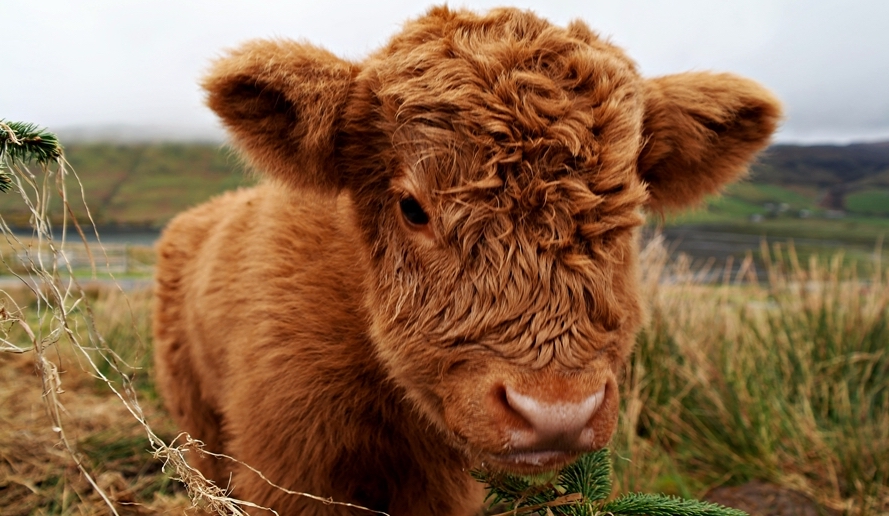 Veganism has taken the world by storm! With countless celebrities adopting a vegan diet, many billionaires investing in vegan start-ups, and an ever-growing plethora of delicious and widely available vegan food alternatives—it is clear that veganism has entered mainstream culture and is becoming the new normal.
Veganism has taken the world by storm! With countless celebrities adopting a vegan diet, many billionaires investing in vegan start-ups, and an ever-growing plethora of delicious and widely available vegan food alternatives—it is clear that veganism has entered mainstream culture and is becoming the new normal.
These positive changes are motivated by the tremendous impact our food choices have on animals, the environment, and our own health. Celebrate World Vegan Day by learning about the many benefits of veganism and how delicious and convenient a compassionate diet can be!
Animals
Animals raised for food are exempt from the Animal Welfare Act and are subjected to unfathomable cruelty for their entire lives. Farmed animals experience horrific abuses including mutilation with no anesthetic, intense confinement that prevents many animals from turning around or spreading theirwings, and a violent and terrifying death. By adopting a vegan diet, you can save over one hundred animals per year!
Commercially-raised dairy cows and egg laying chickens, whether “free range” or factory-farmed, face the same cruelties as those raised for meat alone and are slaughtered at a tiny fraction of their natural lifespan. Farmed animals are not seen as individuals with unique personalities and an interest in living, but as a means to an end— egg, milk, and meat machines. By making compassionate food choices, you can actively stand against this cruelty and make a difference for animals at every meal.
Health
Humans do not need to eat meat, dairy, or eggs for health reasons. All of our dietary needs can easily be met with an animal-free diet and by avoiding animal products you can reduce your risk for several diseases. Those who consume animal products are more susceptible to cancer, stroke, obesity, osteoporosis, and diabetes. Vegan diets, on the other hand, tend to be high in fiber and micronutrients and low in fat and cholesterol, aiding in the prevention and treatment of these diseases. Additionally, it is incredibly easy to get enough protein on a vegan diet by consuming whole grains, vegetables, nuts, seeds, and legumes.
Raising animals for food is an extremely inefficient way to feed the rapidly growing human population. Animal agriculture uses up enormous quantities of fossil fuels, water, and other resources contributing greatly to global warming. Just a few of the staggering facts about the environmental impact of meat consumption include:
- Animal agriculture is responsible for more greenhouse gas emissions than the entire transportation sector combined.
- Animal agriculture is the leading cause of Amazon rainforest destruction.
- It requires 2,500 gallons of water to produce one pound of beef.
By transitioning to a vegan diet, you can drastically reduce your environmental footprint. As reported by the UN, “A global shift towards a vegan diet is vital to save the world from hunger, fuel poverty, and the worst impacts of climate change.”
How to Go Vegan
Adopting a vegan diet helps to create a healthy, sustainable and more compassionate world. Despite the incredible benefits, it can seem challenging at first. Luckily, you will quickly realize that you do not need to sacrifice the tastes and textures you enjoy when moving toward a cruelty-free diet; there are vegan substitutes for all of your favorite meals! From ice cream and cheese to bacon and chicken—there are delicious cruelty-free alternatives for every food you can imagine.
Photo 1: Four Jandals
Photo 2: LCA
Photo 3: ChooseVeg

 Environment
Environment